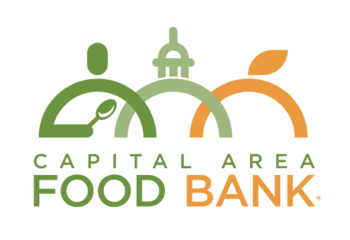Read about Mason Vision Day
- March 29, 2024
- March 29, 2024
- November 30, 2023
- July 20, 2023
- April 5, 2023
George Mason University has an important ally in its work to counter food insecurity among its students: The Capital Area Food Bank (CAFB) has announced that it is partnering with Mason to address campus food insecurity and will match the funds raised during Mason Vision Day.

“We are thrilled to have a partner in Capital Area Food Bank, because our organizations share a common understanding that it takes more than a meal to solve hunger,” said Rose Pascarell, Mason’s vice president for University Life.
The CAFB is the anchor of hunger relief infrastructure across the Washington, D.C., region, providing more than 50 million meals to communities in the area each year. Like Mason, the food bank approaches the problem of food insecurity through multiple channels and achieves its mission through many kinds of partnerships—including those with food distributors and retailers, farms, institutions, individuals, and other nonprofit organizations.
CAFB’s generous investment around Mason Vision Day is just a start: CAFB is building on existing relationships with community colleges in the Washington, D.C., area, and looking to Mason as one of the first four-year public institutions with whom it will partner to offer services and resources.
“The success of our region’s students creates positive ripple effects for individuals, families, and our local economy that will last well into the future,” said Radha Muthiah, president and CEO of the Capital Area Food Bank. “The CAFB is committed to partnering with institutions like Mason to ensure that hunger is never a barrier to a student’s academic achievement, or to fulfilling their highest potential.”
It is through these partnerships, and multiple solutions and community partners, that Mason hopes to move beyond food distribution to focus on tackling the root causes of hunger and inequity.
“Food insecurity is a complex problem that we simply can’t address through one solution,” said Pascarell. “Partnership with organizations, like the Capital Area Food Bank, that understand the scope of the problem and provides leadership in our region to make a difference, goes a long way toward helping us address food insecurity more holistically on our campuses.”
